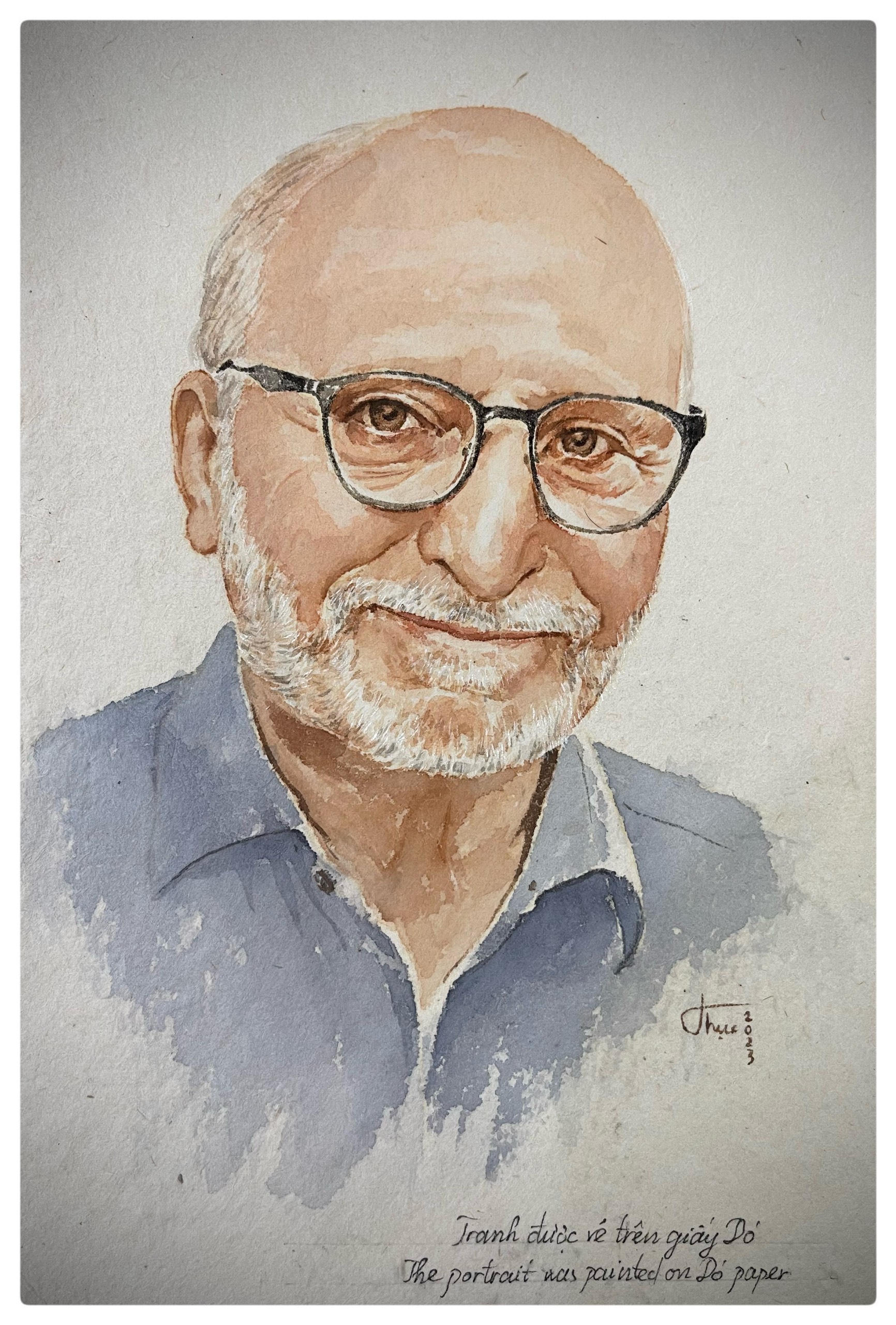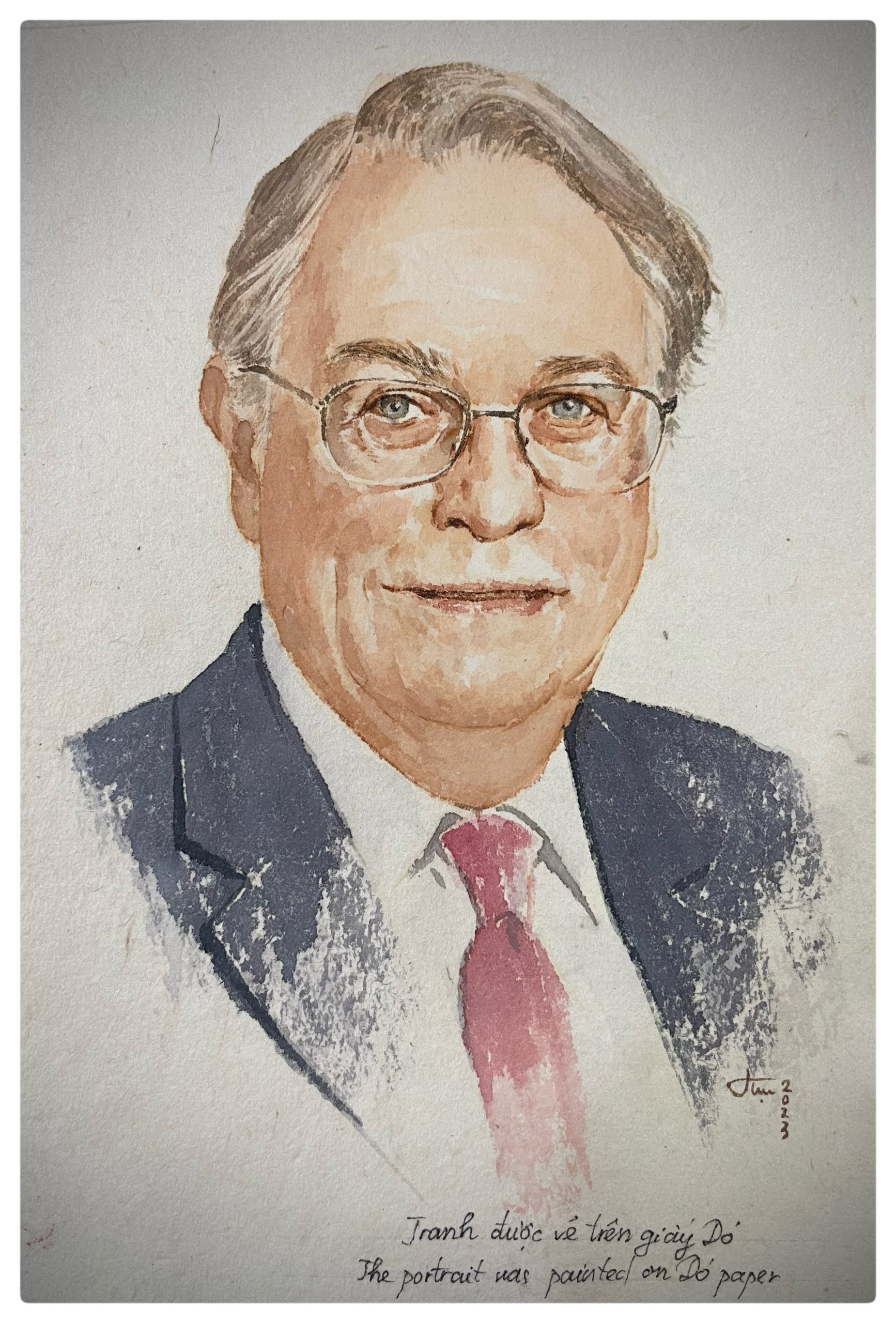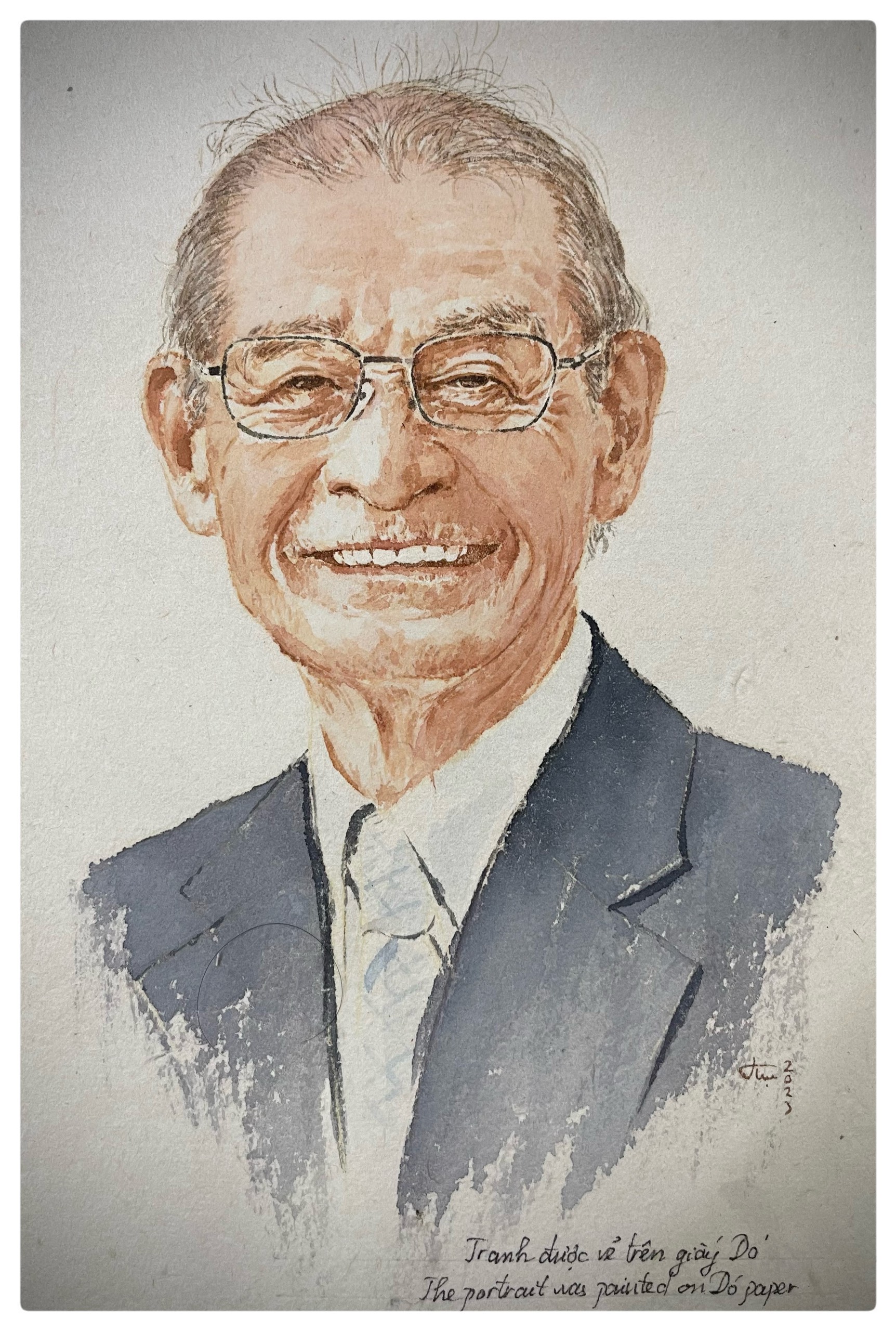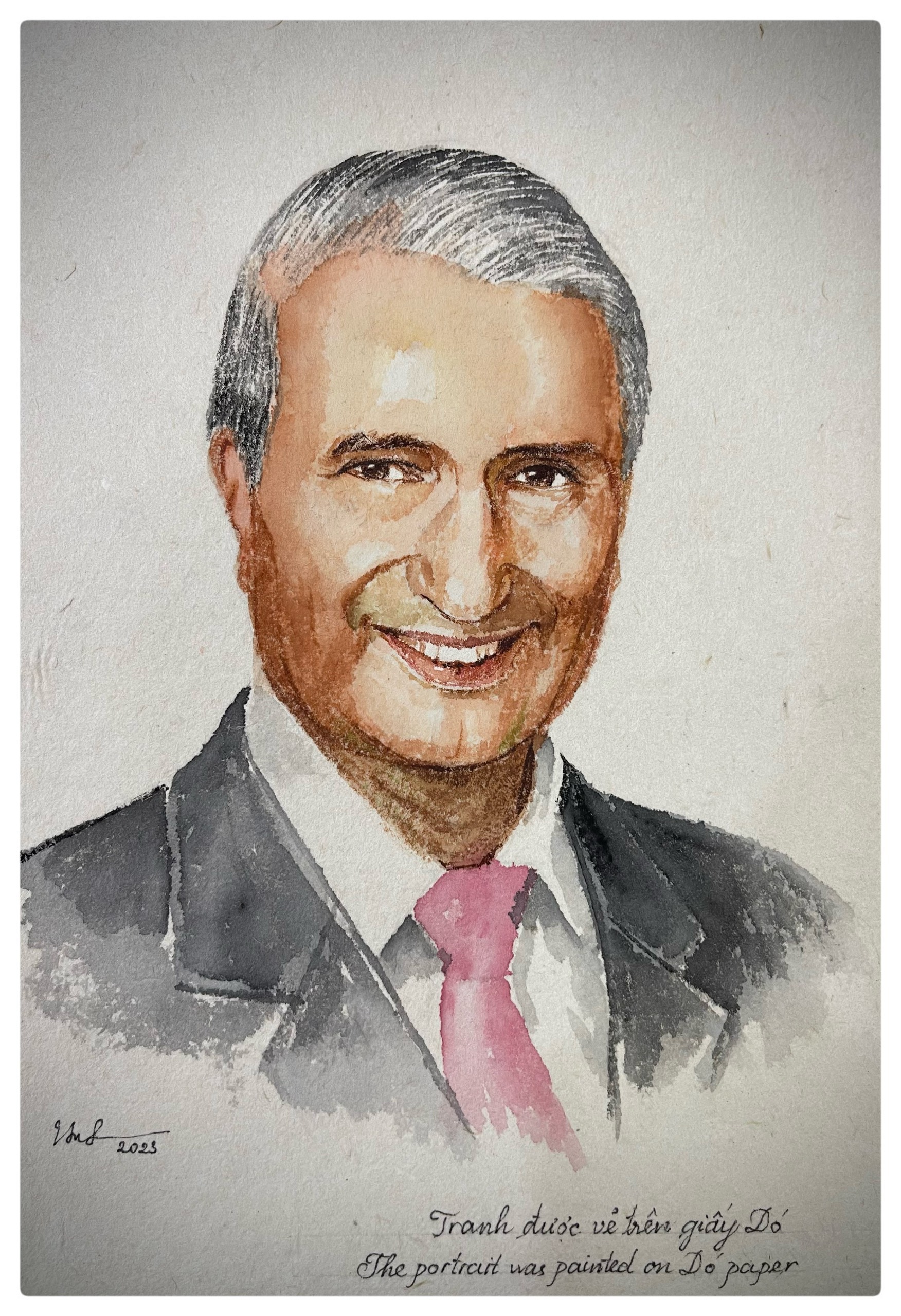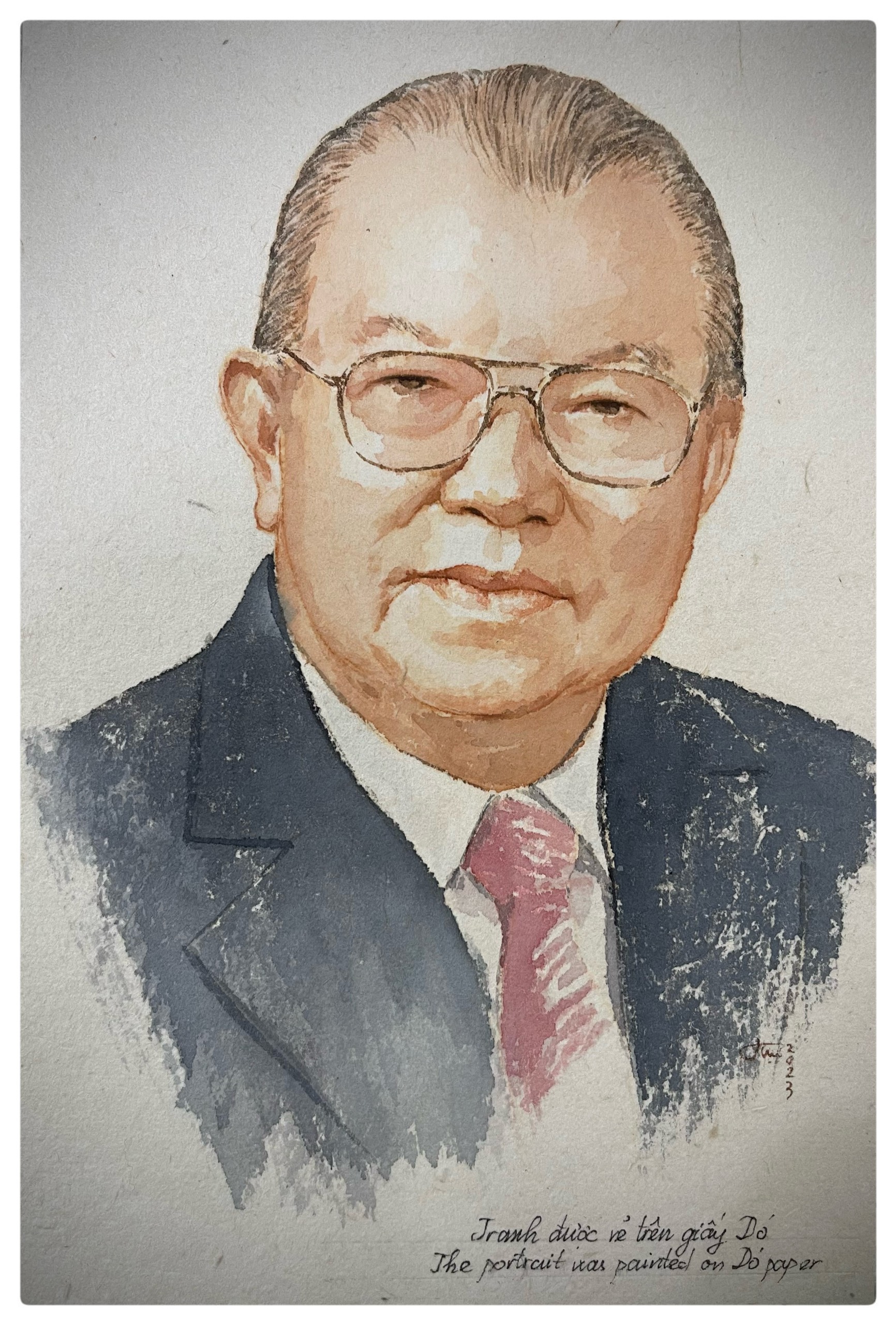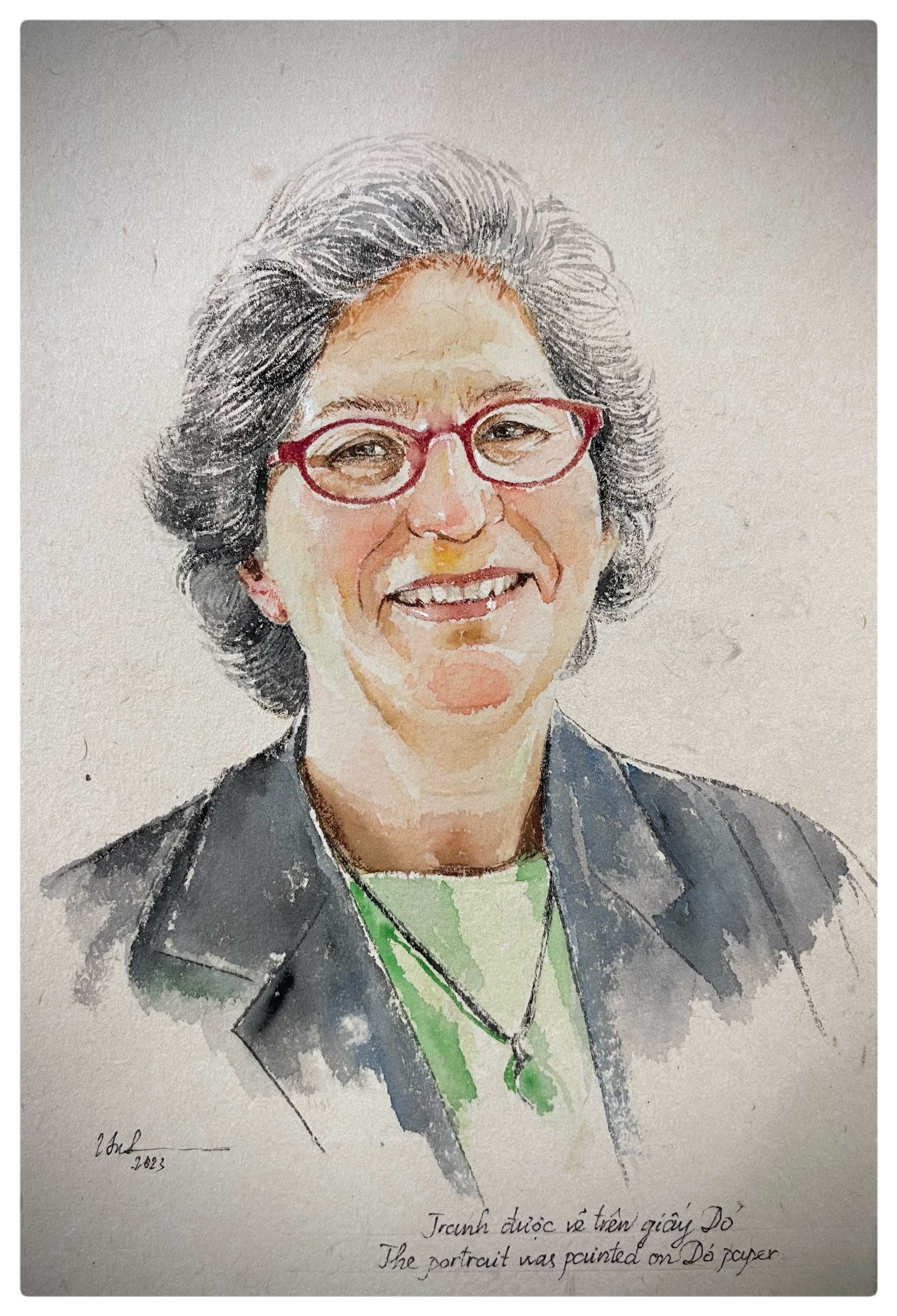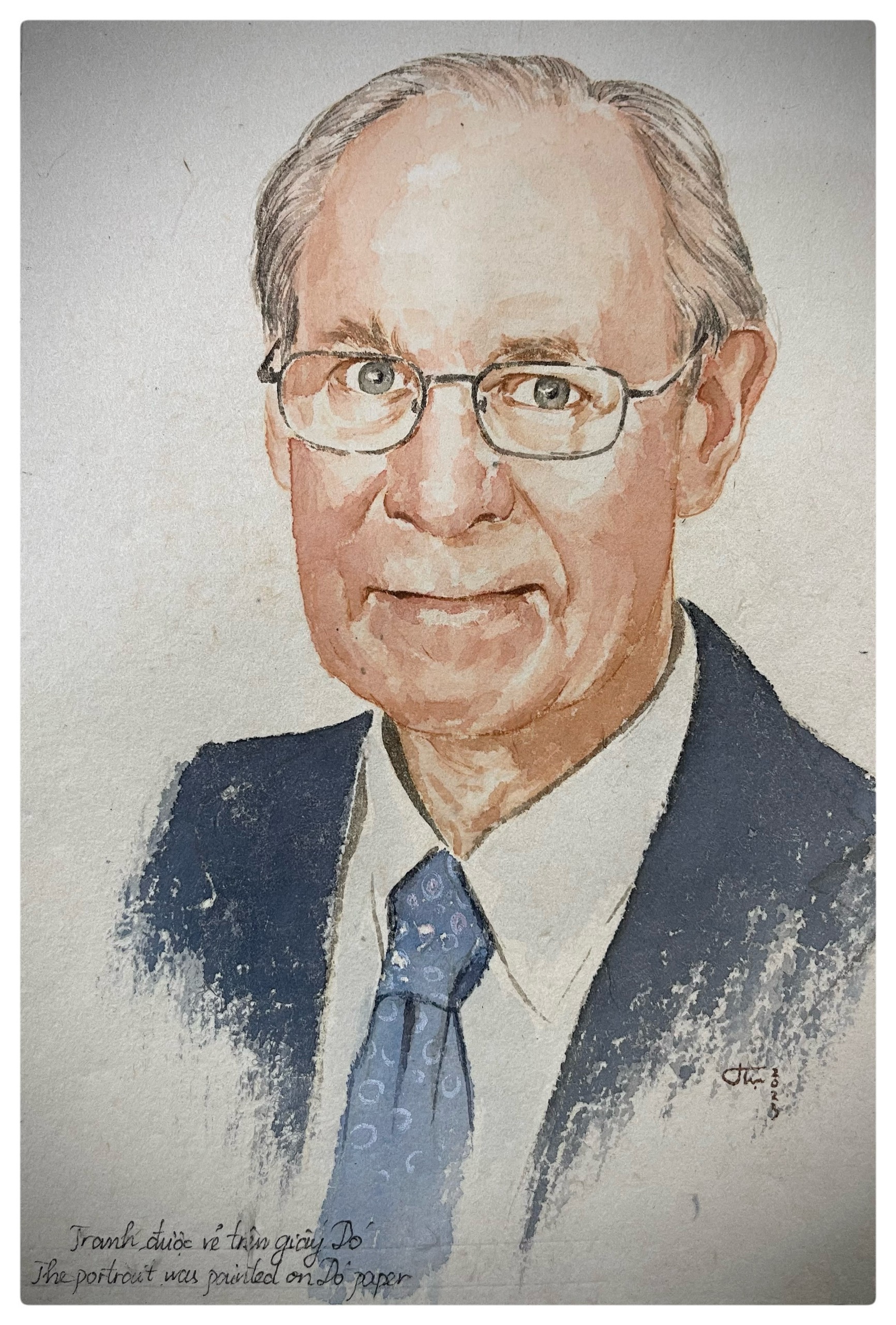AFFILIATION
KVI Holdings, Singapore
SUMMARY OF WINNING ENTRY
Investigated electrochemical intercalation of graphite and the thermodynamics of the battery charging/discharging processes
Professor Rachid Yazami pioneered the exploration of reversible electrochemical intercalation of Lithium-ions into graphite, laying the foundation for the development of modern Lithium-ion batteries. His research delved into combining nanomaterials such as nano-silicon, carbon nanotubes, and graphene with other materials such as graphite and carbon black in the anode of batteries. Furthermore, his work also has brought extensive insights into the thermodynamics of battery charging and discharging processes, which was described in the fundamental Yazami’s Battery Theorem. Until today, he remains at the forefront of innovation, continuing his exploration into novel cathode, anode materials, and the fundamental processes of battery operation.
SCALE OF IMPACT
Lithium-ion batteries have revolutionized energy storage over the past decades, offering enhanced safety, compactness, convenience, and durability. Today, they form the backbone of a sprawling industry and are a foundational component of the modern world, powering more than 15 billion mobile devices and 26 million electric vehicles globally. The impact of Lithium-ion batteries is predicted to grow exponentially as the world shifts towards renewable energy sources. In this future, Lithium-ion battery technology, in combination with technologies like solar panels, will enable continuous and sustainable green energy production and storage.
MEANINGFUL CHANGE
The innovation of Lithium-ion battery marks a monumental shift in energy storage, significantly impacting billions of people on Earth. They underpin a multitude of electric devices, from smartphones to electric vehicles, thus enabling a more connected, mobile, and sustainable world. Furthermore, Lithium batteries’ high energy density and long-life cycle are pivotal in the transition to renewable energy sources, reducing reliance on fossil fuels and mitigating climate change’s adverse effects. By fostering the development of affordable and accessible energy solutions, they play a crucial role in alleviating energy shortage and improving living conditions for underserved populations.
